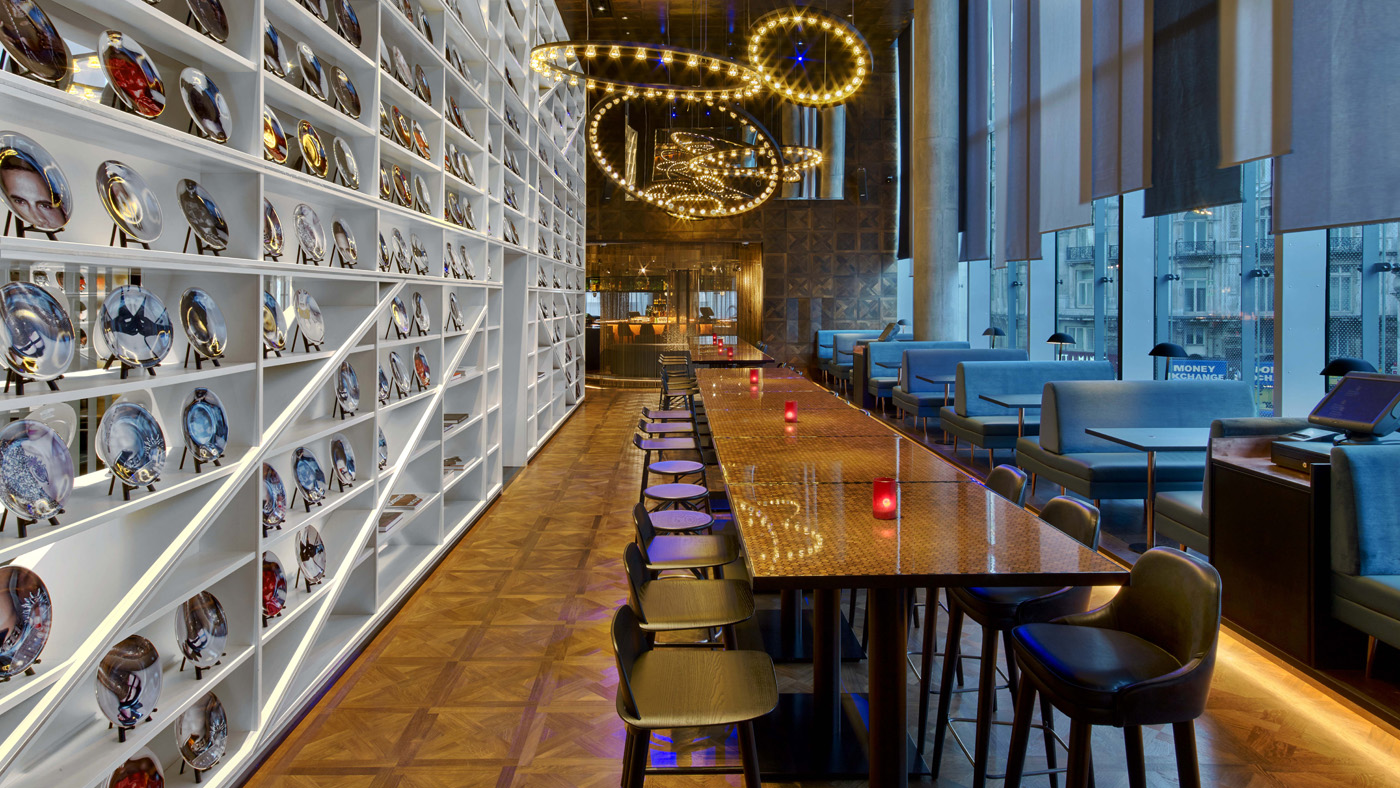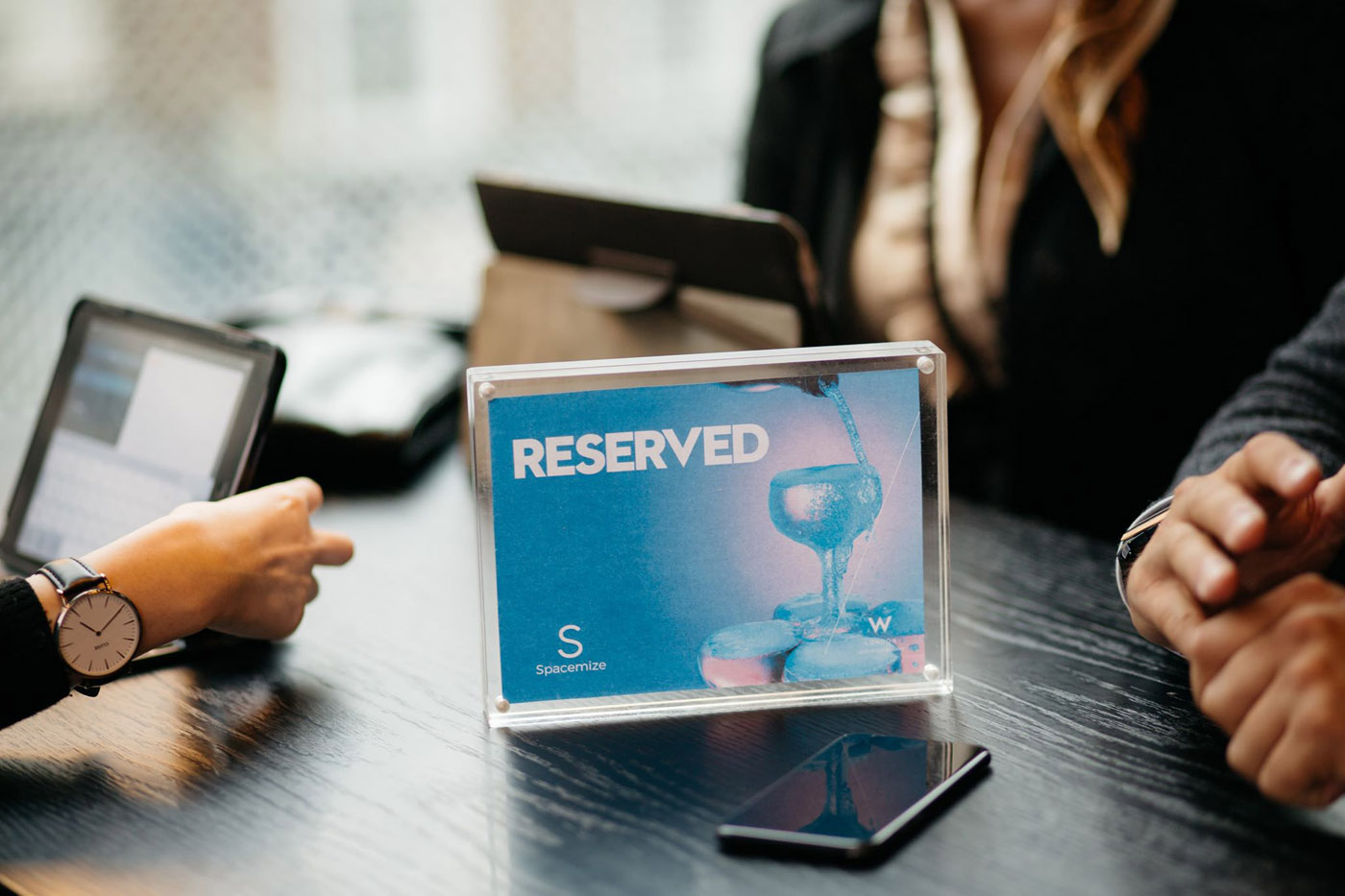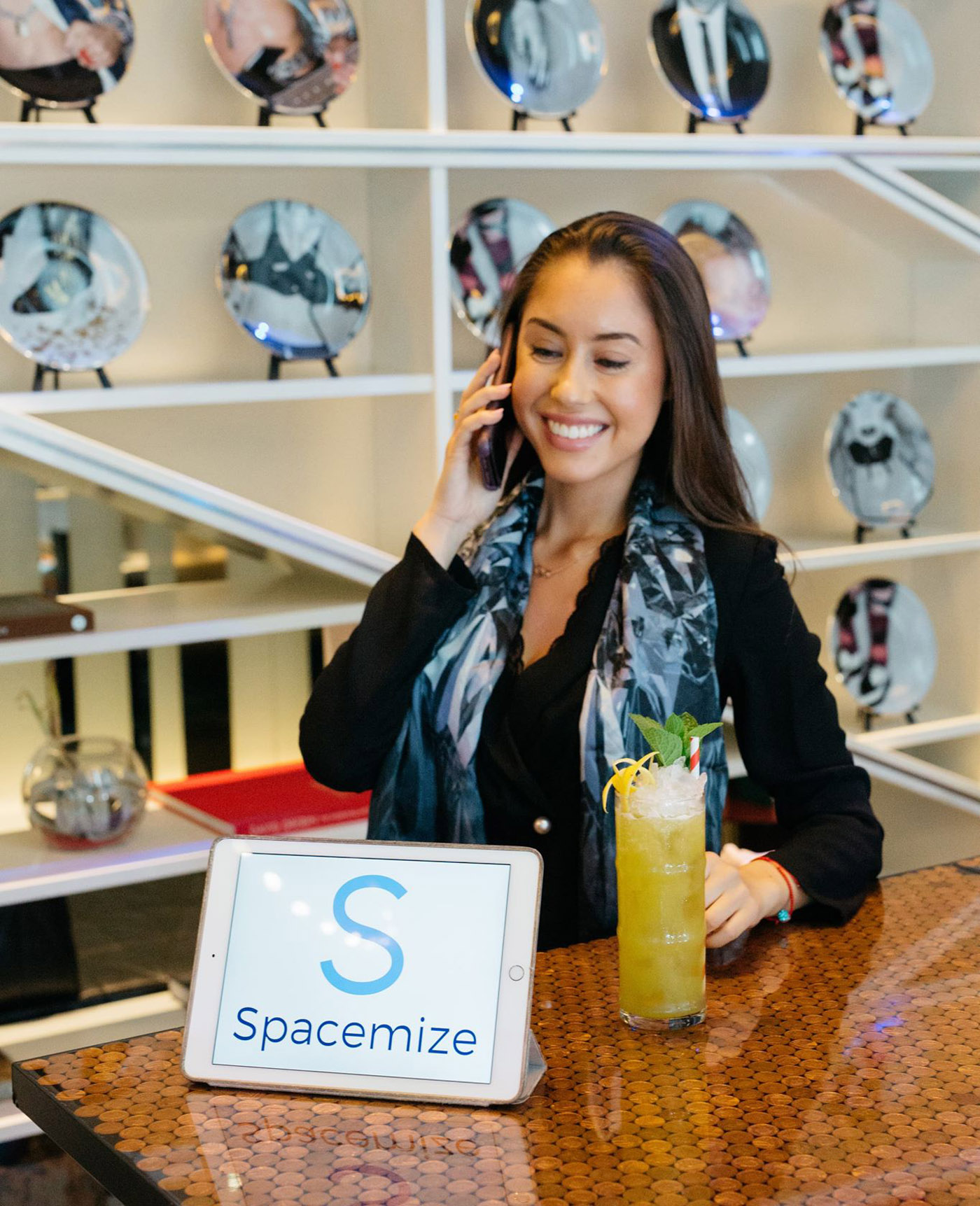Luxury work hubs: new company launches co-working spaces in high-end hotels

A free daily email with the biggest news stories of the day – and the best features from TheWeek.com
You are now subscribed
Your newsletter sign-up was successful
It is well known that Britain is struggling to build enough new homes to keep up with demand, but the country is also failing to build enough new offices and work spaces.
For many businesses, rents are simply too steep and the high cost of office space is curbing expansion – a problem that is particularly acute for smaller businesses and startups.
One new company that thinks it has a solution to the problem is Spacemize, which launched in London recently promising to better utilise unused high-end hotel and restaurant spaces, turning them into offices for mobile and remote workers.
The Week
Escape your echo chamber. Get the facts behind the news, plus analysis from multiple perspectives.

Sign up for The Week's Free Newsletters
From our morning news briefing to a weekly Good News Newsletter, get the best of The Week delivered directly to your inbox.
From our morning news briefing to a weekly Good News Newsletter, get the best of The Week delivered directly to your inbox.
Some of Spacemize’s venues in central London include W London (pictured above) as well as Mamounia Lounge Mayfair, Andaz London, Smith & Whistle in Sheraton Grand London Park Lane and more.
The Week Portfolio caught up with the company’s head of business development Tzvete Donchava to find out more.

What are the problems with traditional co-working spaces?
Renting is costly in central London – whether residential or commercial. One of the main problems stems from the fact that the city is overly expensive for so-called “solopreneurs” and startup founders.
A free daily email with the biggest news stories of the day – and the best features from TheWeek.com
Additionally, most co-working spaces don’t offer enough flexibility and can be restrictive – for example, having only one “home base” or needing to pre-pay large deposits. It can also be difficult to find and connect with the right people for networking.
How has work changed in the past ten years?
The way many people work has changed massively, which has also affected where people work. Jobs offer more flexibility and remote working is embraced by many employers, as well as entrepreneurs. This brings the need for alternative services such as alternative office spaces and also the chance to be part of a community of some kind.

Your company has said that it could help high-end hospitality operators “deal with growing Brexit concerns, which have shaken the UK hospitality industry.” How much of a concern is Brexit to the hospitality industry?
There’s a lot of insecurity around Brexit – in the market in particular with the devaluation of the pound, and increased retail pressures, but also in the workforce, which is at large European.
What skills have each of your founding members, Saleem Arif, Zain Dhareeja and Saeed Al Ghurair brought to the project?
Saleem is a serial entrepreneur who truly understands the pain points of what it is like to be a founder who’s launching a new venture – including the importance of having a convenient, productive place to work from. Saeed and Zain are based in Dubai and both have solid business backgrounds too – entrepreneurship being a common trait they share.
Do you think that flexible remote working is better than working in an office?
There are pros and cons to each. For example, prior to joining a start-up and working remotely, I never even knew “water cooler conversations” existed. Working in an office environment is structured – you absolutely must get up, get dressed and be there on time. Remote working requires a lot of self-discipline – starting, as well as stopping work on time – it’s easy to blur the lines between work and private life when working from home and alone all the time.
How does Spacemize plan to expand in the years ahead?
It’s a model that is disruptive to traditional work environments and, we hope, can revolutionise the way people work. We aim to be the choice for entrepreneurs and startups when looking for an office solution that matches their mobility. We also plan to expand to large UK cities and beyond.

And how do you think working will be different in another 20 years time?
Our society is becoming more fast-paced, with an ever-increasing need for on-demand solutions. People want to be able to get what they need exactly when they need it in their daily lives. This also explains the growing popularity of innovative platforms making everyday tasks simpler – related to work, finance and transport. I think that working independently and remotely will only increase in the future. And without set colleagues people will increasingly feel the need to belong to a larger community of digital nomads.
For more information visit spacemize.com
-
 How the FCC’s ‘equal time’ rule works
How the FCC’s ‘equal time’ rule worksIn the Spotlight The law is at the heart of the Colbert-CBS conflict
-
 What is the endgame in the DHS shutdown?
What is the endgame in the DHS shutdown?Today’s Big Question Democrats want to rein in ICE’s immigration crackdown
-
 ‘Poor time management isn’t just an inconvenience’
‘Poor time management isn’t just an inconvenience’Instant Opinion Opinion, comment and editorials of the day